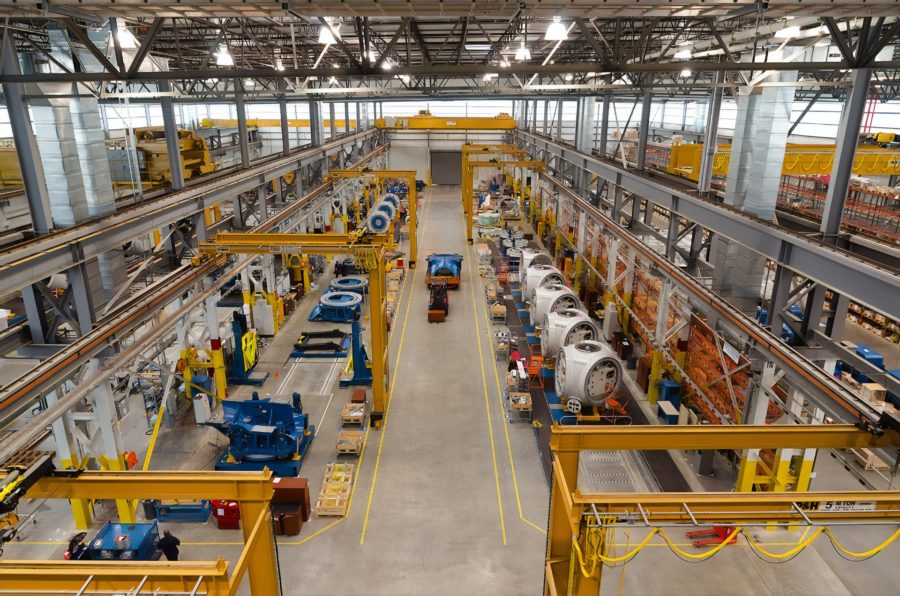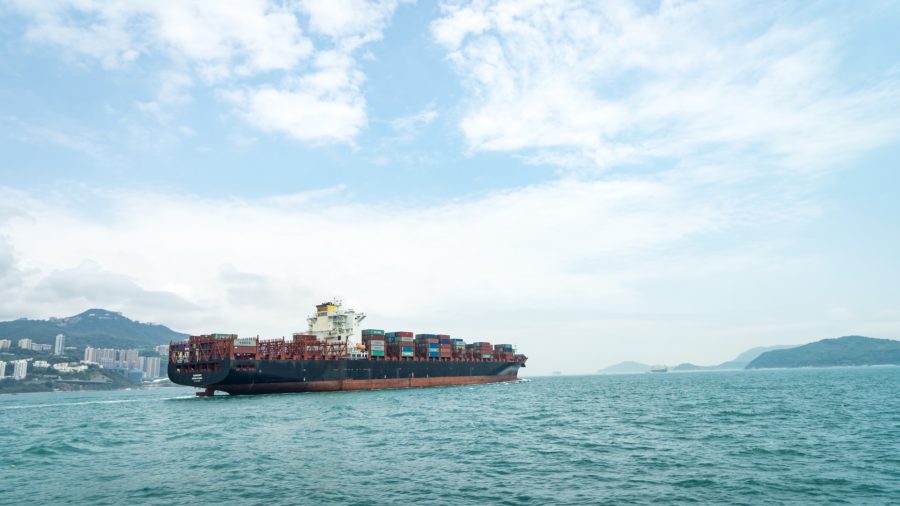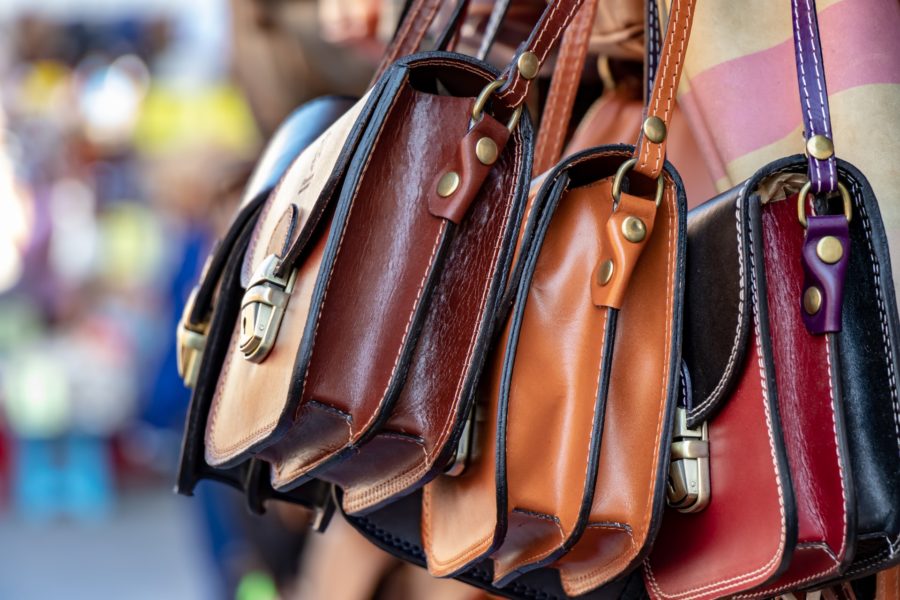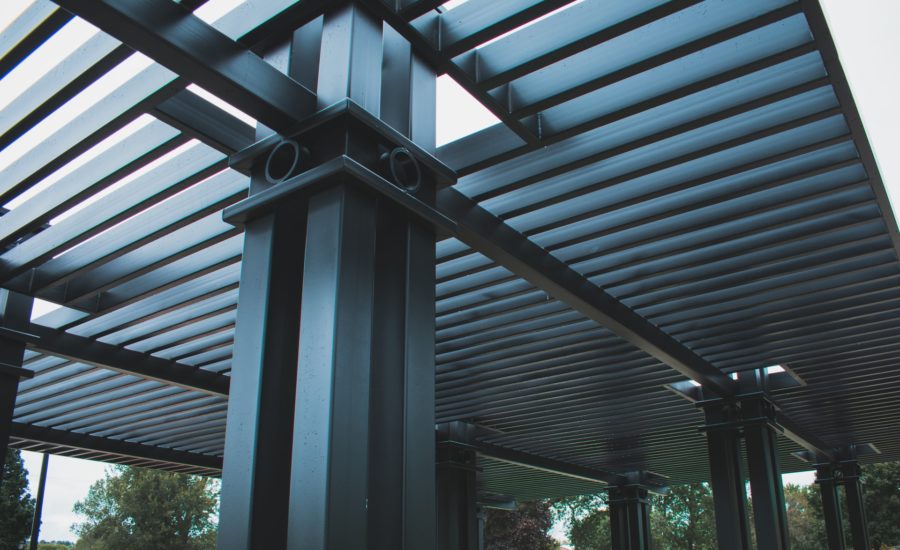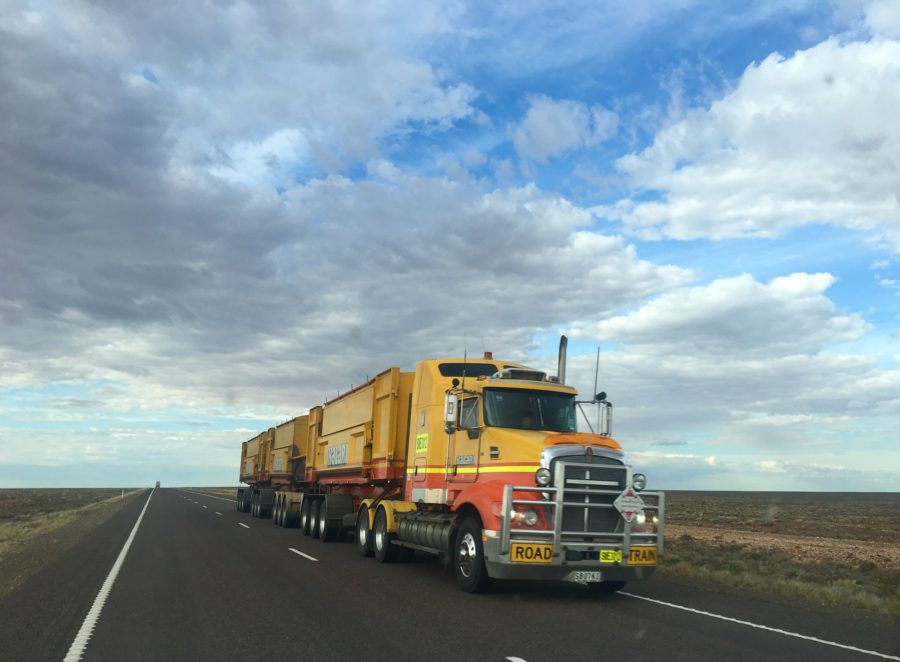July 24, 2020
Consumer Goods, Textile, and Apparel Items Added to New Round of Section 301 Tariff Exclusions
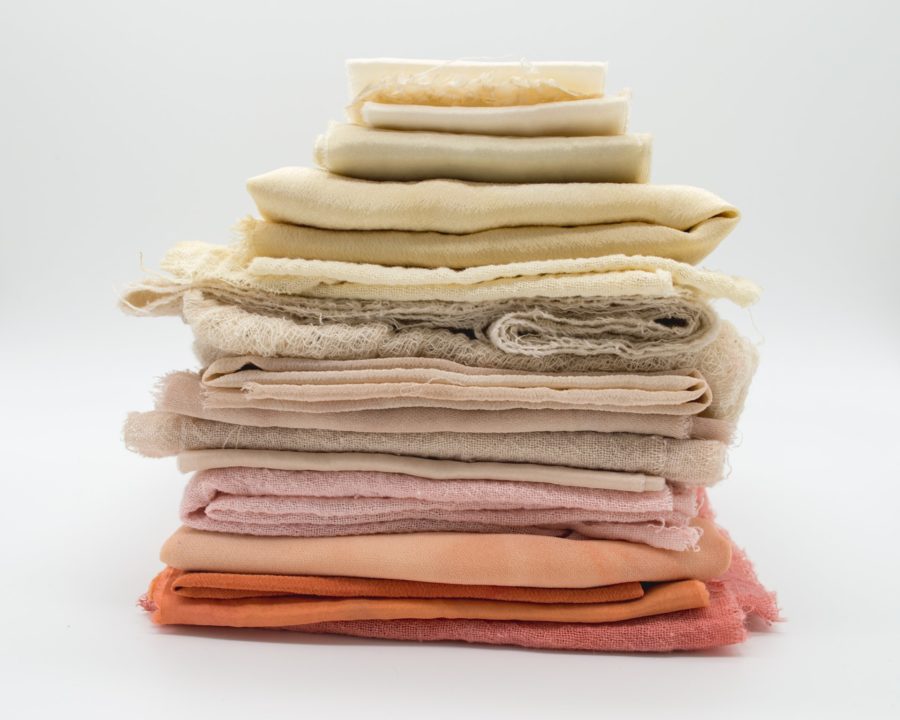
The Office of the U.S. Trade Representative has announced a new round of product exclusions from the administration’s Section 301 tariffs on goods from China (List 4, $300 billion trade action.)
The 11 newly excluded HTS subheadings are:
- 0505.10.0055 (Down of a kind used for stuffing)
- 5504.10.0000 (Artificial Staple Fibers of viscose Rayon)
- 8215.99.3500 (Other Spoons and Ladles w/ Stainless Steel Handles)
- 9506.70.4000 (Ice Skates w/ footwear permanently attached)
- 9701.10.0000 (Paintings, Drawings, and Pastels)
- 9702.00.0000 (Original Engravings, Prints, & Lithographs)
- 9703.00.0000 (Original Sculptures & Statuary)
- 9705.00.0085 (Other Collector’s Coins)
- 9706.00.0020 (Antique Silverware)
- 9706.00.0040 (Antique Furniture)
- 9706.00.0060 (Other Antiques)
The 53 specially prepared product descriptions are
- Sodium Alginate Resins (described in HTSUS 3913.10.0000)
- Boot Hangers of Plastics & Steel (3924.90.5650)
- Exterior Doors having outer faces of plastics w/ foamed plastics insulation (3925.20.0010)
- Clamps & Clips of Molded Plastics, each w/ a fastener or adhesive backing for affixing a cord or cable to a flat surface (3926.90.9985)
- Molded Shells of Plastics of a kind used to form a housing for an earphone (3926.90.9985)
- Sets of Three PVC-coated Foam Pads, of plastics, of a kind used to assemble flotation work vests (3926.90.9985)
- Women’s Knit Robes in chief weight of cotton (6108.91.0030)
- Babies’ Gowns of Cotton Knitted Interlock Fabric (6111.20.6070)
- Babies’ Sleep Sacks, Knitted, of Cotton (6111.20.6070)
- Babies’ Sleep Sacks of Cotton Interlock Knitted Fabric (6111.20.6070)
- Babies’ Swaddle Sacks of Cotton Knitted Interlock Fabric (6111.20.6070)
- Babies’ blanket sleepers of polyester knitted fleece (6111.30.5015)
- Men’s & Boys’ Cotton Terry Bathrobes w/ Muslin Trim (6207.91.1000)
- Women’s Cotton Terry Bathrobes w/ Muslin Trim (6208.91.1010)
- Girls’ Cotton Terry Bathrobes w/ Muslin Trim (6208.91.1020)
- Girls’ Fleece Bathrobes (6208.92.0020)
- Blankets of Cotton, Woven (6301.30.0010)
- Blankets of Cotton, o/t Woven (6301.30.0020)
- Crib Sheets of Muslin Cotton (6302.31.9020)
- Protective Covers of Cotton for Pillows (6302.31.9040)
- Oven Mitts, Not Knitted or Crocheted, of Cotton (6304.92.0000)
- Handrail Covers for Spas & Pools (6307.90.9891)
- Outdoor Shelters, each comprising a canopy of textiles, a folding frame, and a carrying case with wheels (6307.90.9891)
- Athletic, Recreational & Sporting Headgear designed for off-road use w/ bicycles (6506.10.6045)
- Folding Helmets of Injected Plastic Parts (6506.10.6075)
- Fittings of Galvanized Steel, including to support frames, wings, legs, connector & sign supports, all of which are Parts of Retail Display Fixtures (8302.42.3065)
- Electric Snowblowers (8430.20.0060)
- Cylindrical Steel Drives specially designed for adjusting color on machines that print on corrugated paper and paperboard (8443.91.3000)
- Cylindrical Steel Drives specially designed to control color registration (alignment) & material tension on printing machinery (8443.91.3000)
- Electrical Automated Embroidery Machines (8447.90.5000)
- Cast Iron Covers for Hand-Operated Gate Valves (8481.90.3000)
- Iron or Steel Bodies of Hand-Operated Disc Valves (8481.90.3000)
- Steel Parts of Hand-Operated Gate Valves (8481.90.3000)
- Lithium-Ion Batteries consisting of cases of base metal containing 18,650 individual lithium-ion battery cells (8507.60.0020)
- Electric Coffee Makers of a kind used for Domestic Purposes (8516.71.0020)
- Wireless Communication Apparatus that can receive audio data to be distributed to wireless speakers (8518.22.0000)
- Fuse-Type Incandescent Tungsten-Filament Lamps (8539.29.3050)
- Headlight Brackets of Aluminum for Motorcycles (8714.10.0050)
- Electric Guitar Kits (9207.90.0040)
- Parts of Music Synthesizers of Heading 9207 (9209.94.8000)
- Pre-Charged Pneumatic Air Rifles (9304.00.2000)
- Modular Diving Boards suitable for mounting on boats or docks (9506.29.0080)
- Swim Masks, Snorkeling Masks, Snorkels, & Water Fins (9506.29.0080)
- Balance Trainers of Plastics containing an air bladder (9506.91.0030)
- Exercise Machines of Steel of a kind specifically designed to train the gluteal muscles (9506.91.0030)
- Push-Up Exercise Machines (9506.91.0030)
- Brushes of Natural Goat Hair Bristles enclosed in a plastic protective holder for cleaning optical lenses (9603.90.8050)
- Porous-Tipped Markers for Applying Liquid Chalk (9608.20.0000)
- Gold Coins of Collector’s Interest, 250 years or older, of Chinese Origin (9705.00.0010)
- Collector’s Coins 250 years or older (9705.00.0040)
- Gold Coins of Collector’s Interest, < 250 years old, of Chinese Origin (9705.00.0050)
- Coins of Chinese Origin & of Collector’s Interest, of any metal other than of gold, < 250 years old (9705.00.0065)
These exclusions will apply from September 1, 2019, through September 1, 2020, and apply to any product that satisfies the description in the Federal Register annex, regardless of whether the company using the exclusion filed the request. The USTR has indicated that it is considering extending the newly granted exclusions beyond September 1, 2020.

